This guest blog post was provided by the Community Learning and Development team at Aberdeen City Council.
Supporting Children in the Digital World is a four week course developed by CLD Family Learning Aberdeen to help parents keep their children safe online and develop strategies to manage device usage.
The course was created in response to a need identified by parents/carers who wanted to understand the technology their children using.
Over the course of four weeks we cover:
- The technology children and young people are using
- Digital footprints and being a good digital role model
- Understand the risk and reward of devices
- Know how to respond to negative online experiences
- Discover age appropriate online safety resources
- Learn about online safety strategies
The aim of the course is to ensure parents feel more empowered to manage device usage in their homes and give their children the skills to self-regulate and make good decisions while online.
We deliver this course to parents/carers in Aberdeen out in the community as well as online, to ensure we can reach as many parents/carers as possible.
One parent who attended the course said:
“I feel a lot happier that I now have the skills and information to tackle internet safety with my child, and will be a lot more relaxed having conversations which will in turn will benefit my child and make them more likely to approach me when they need support.”
We are further developing the course to create two one off information sessions, for those who cannot commit to the full four weeks. One of these one off sessions will focus on pre-school children and device usage and the other will be a more general information session condensing the content of the original course.
If you would like to know more, get in touch with the team by email: familylearning@aberdeencity.gov.uk
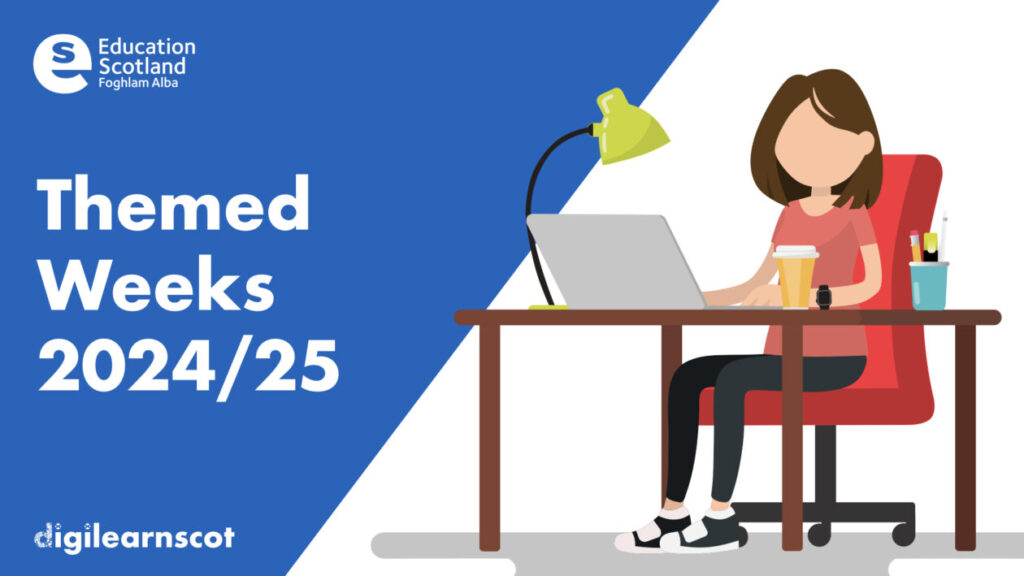

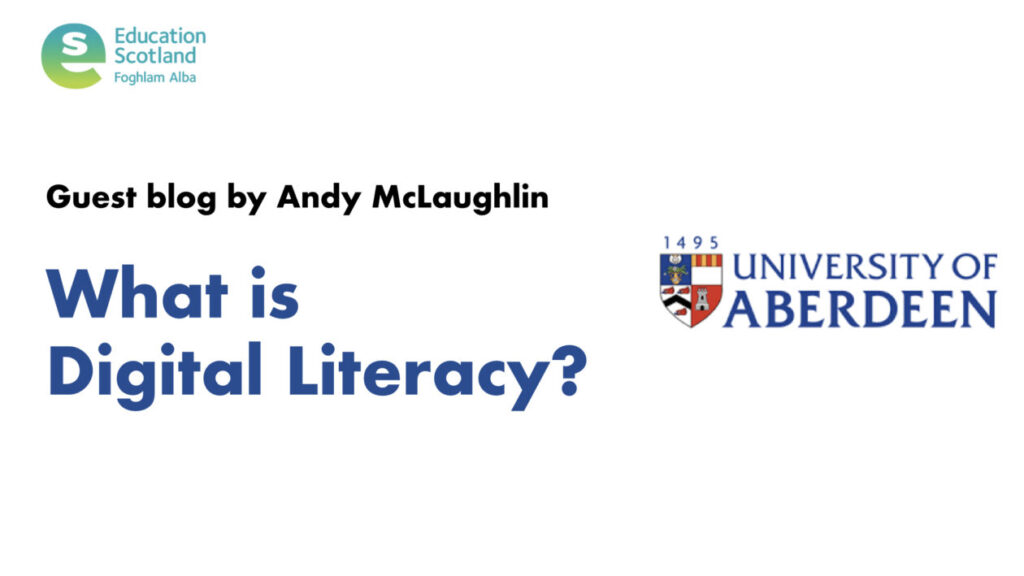
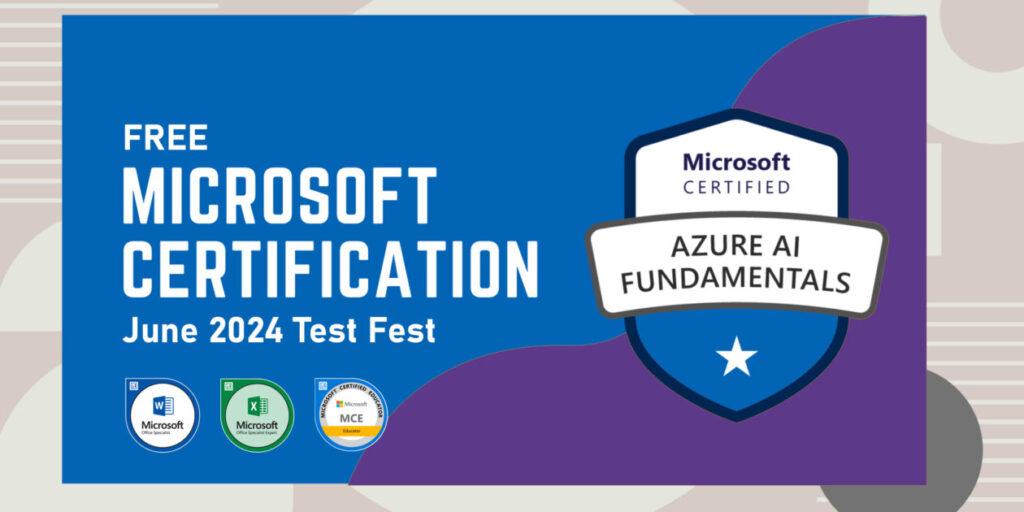
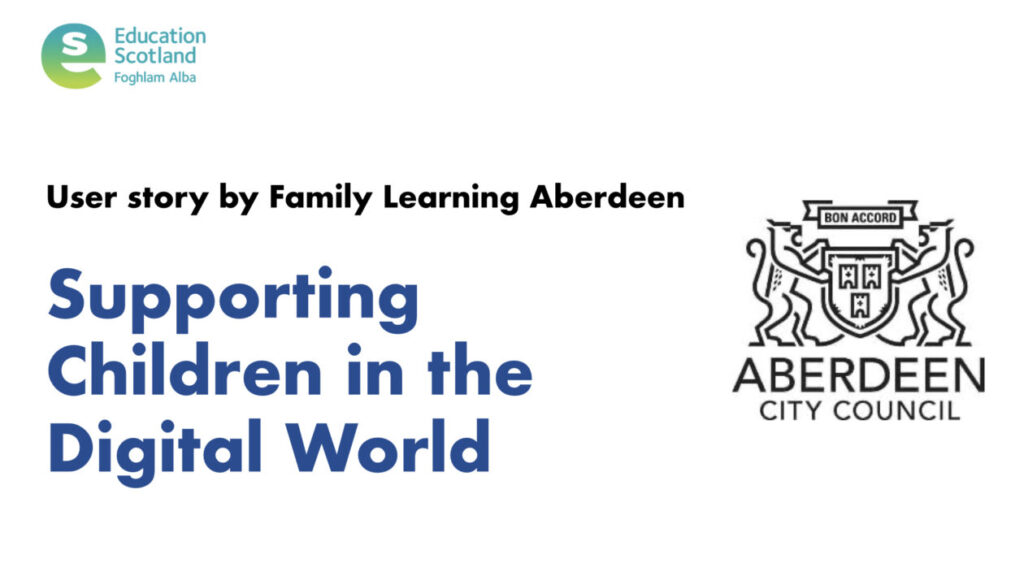
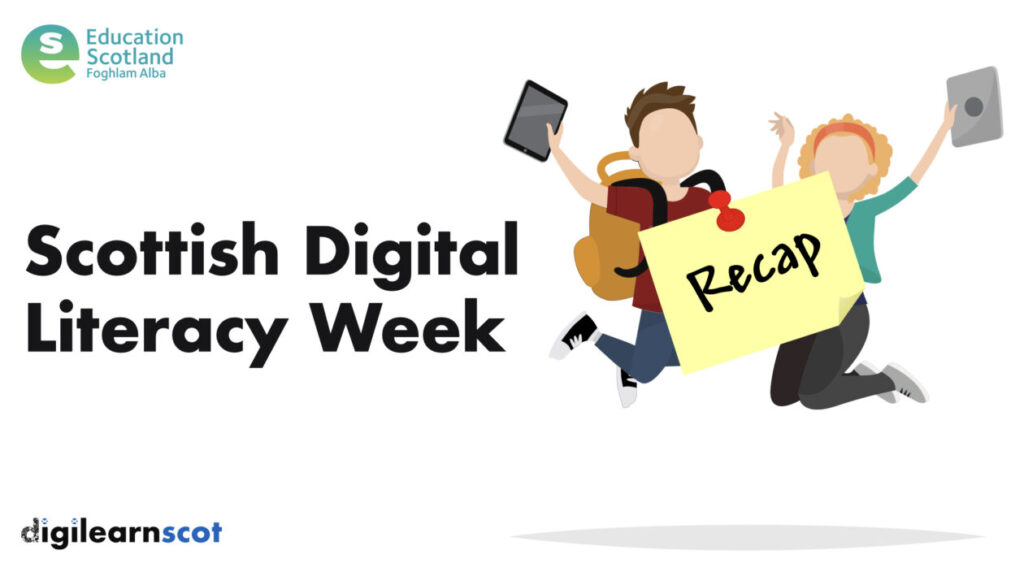

 Subscribe to DigiLearnScot on YouTube
Subscribe to DigiLearnScot on YouTube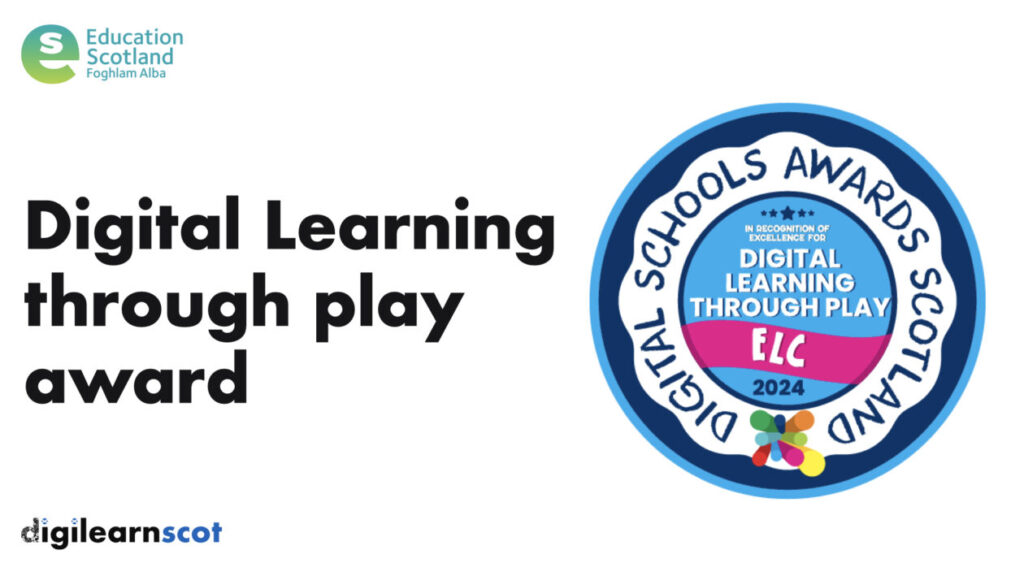
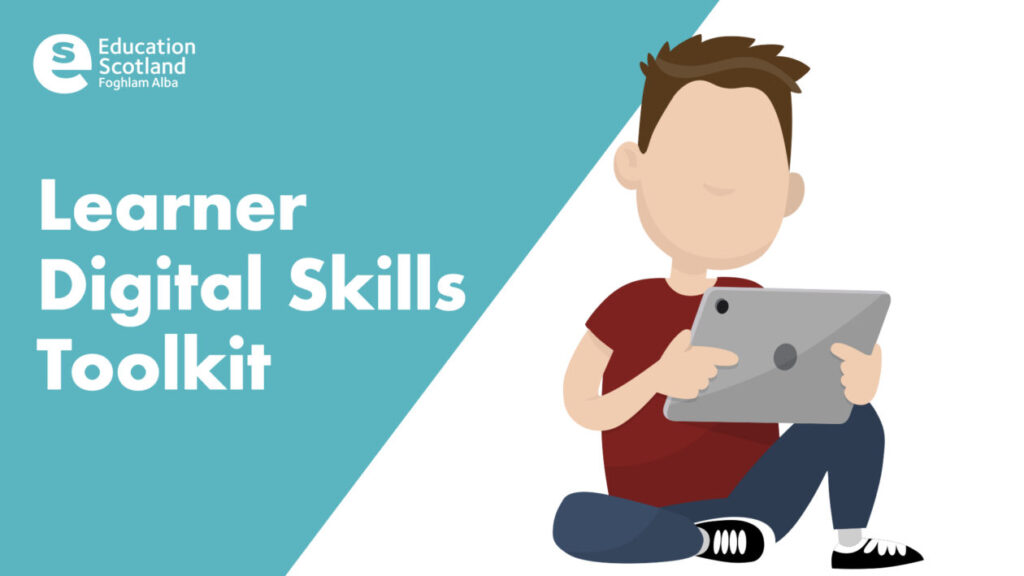

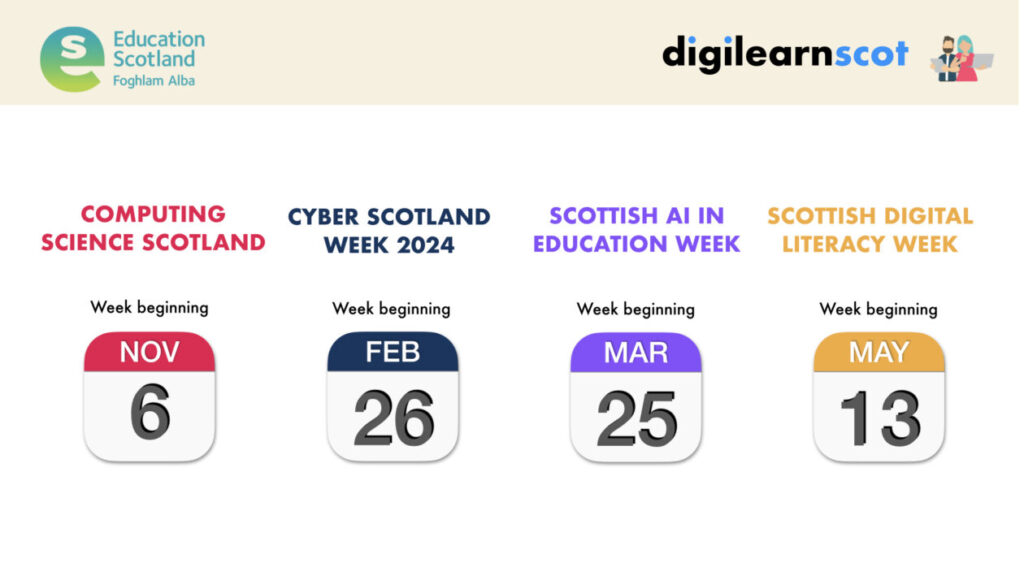
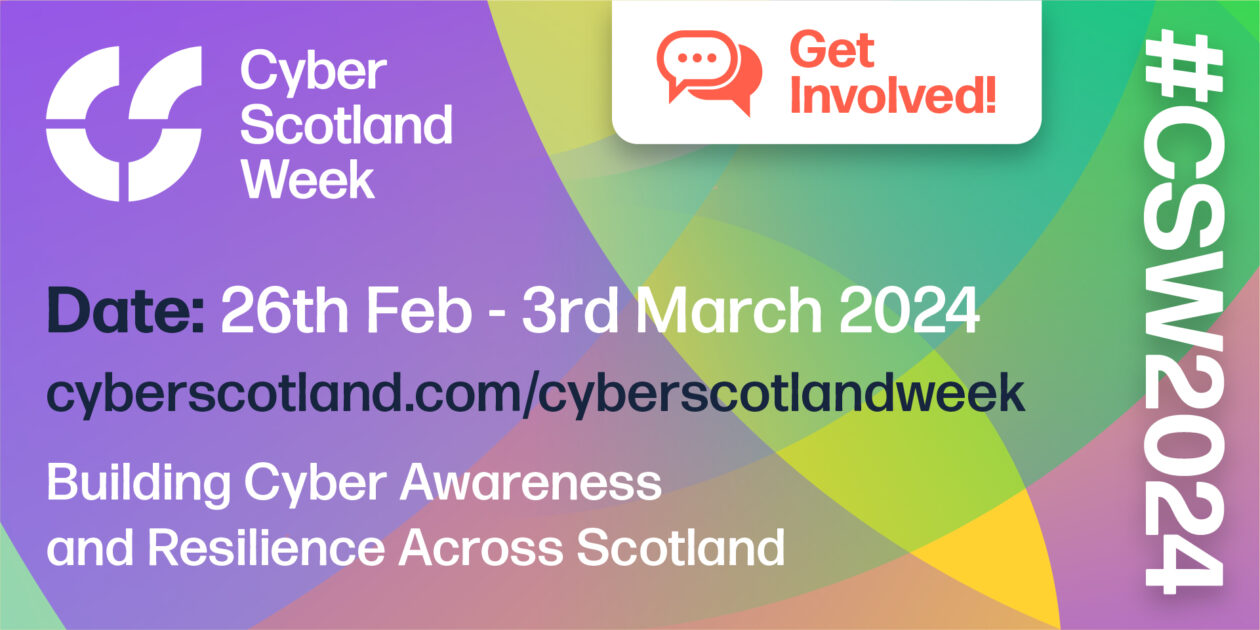
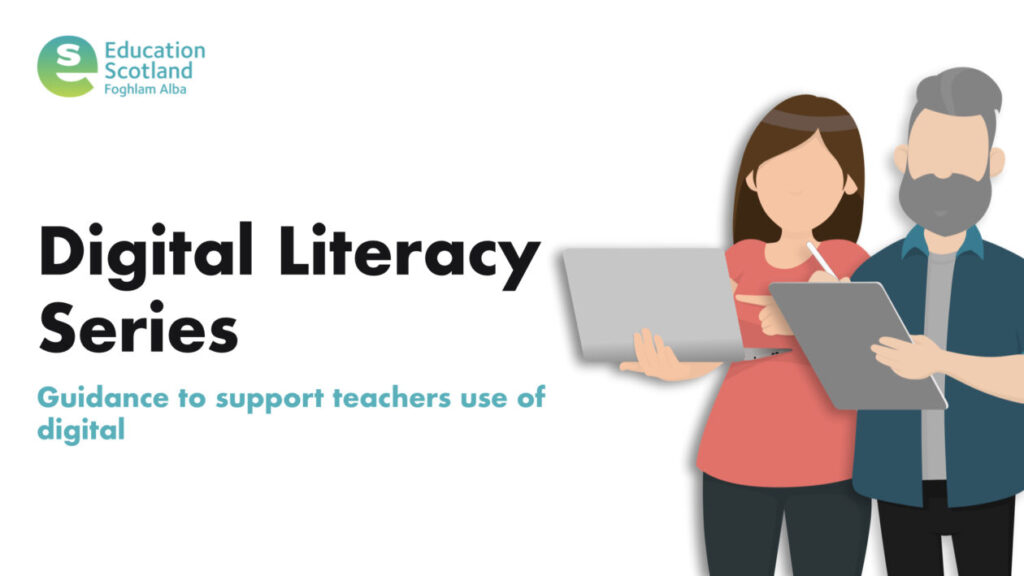


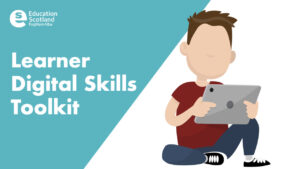
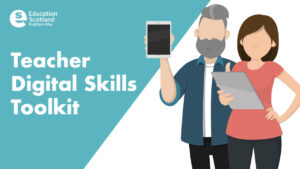
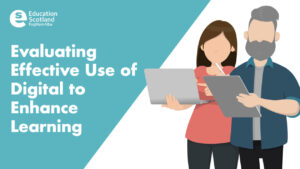
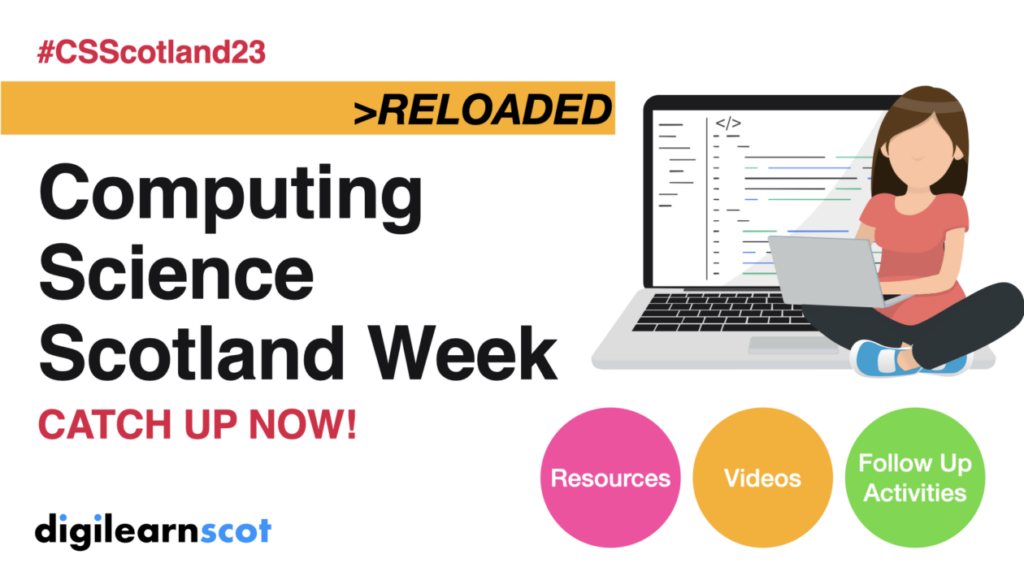

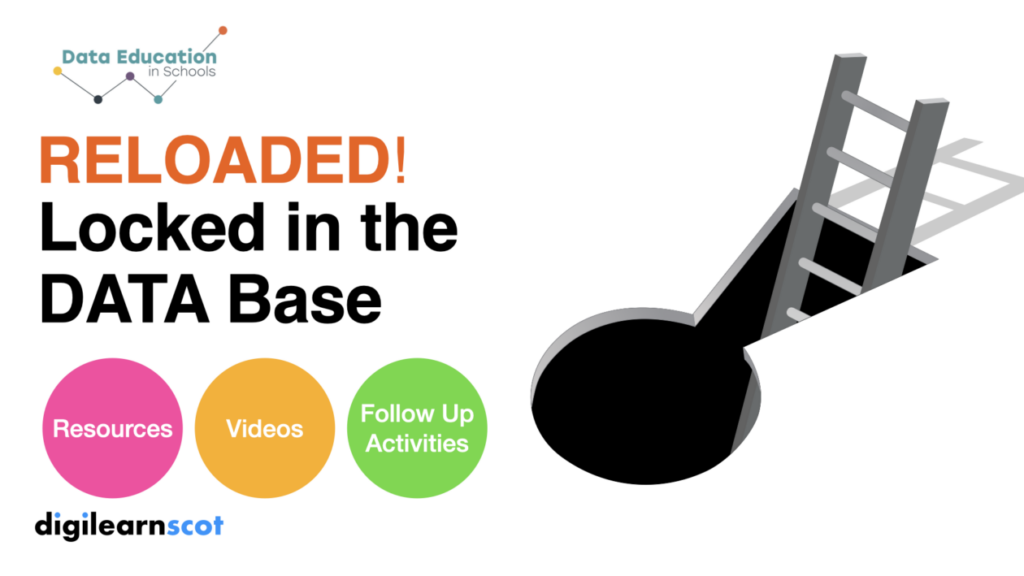
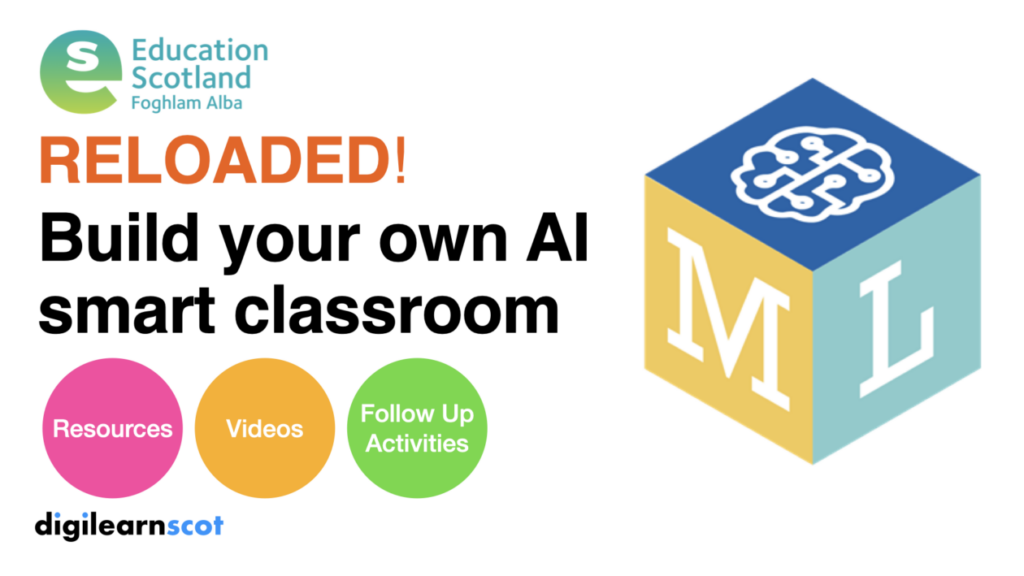
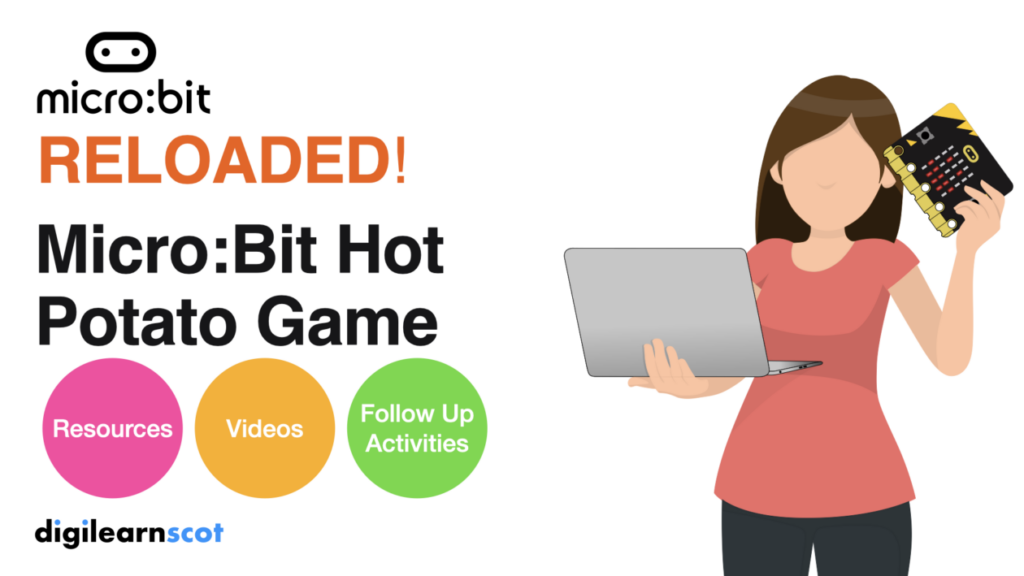
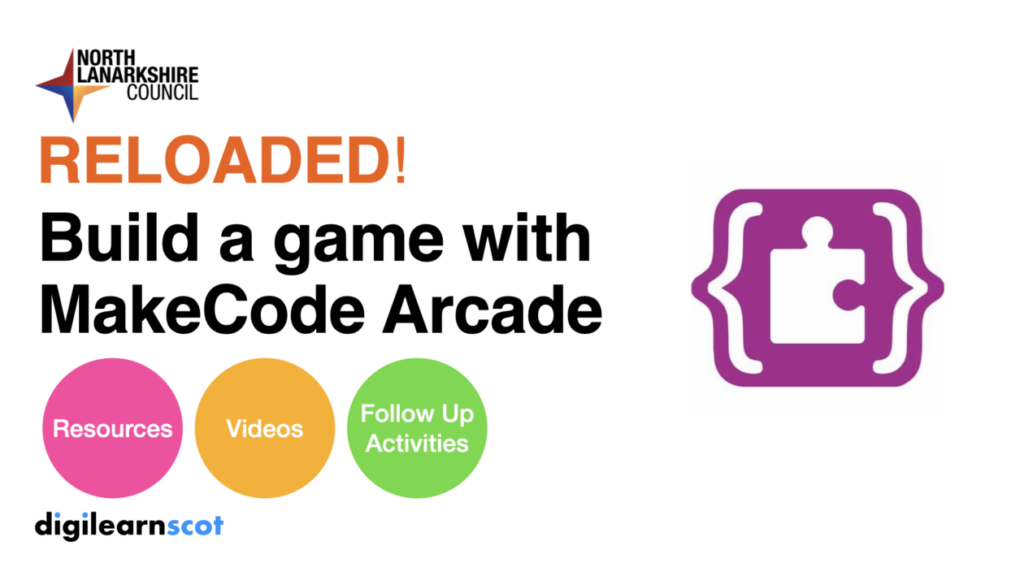
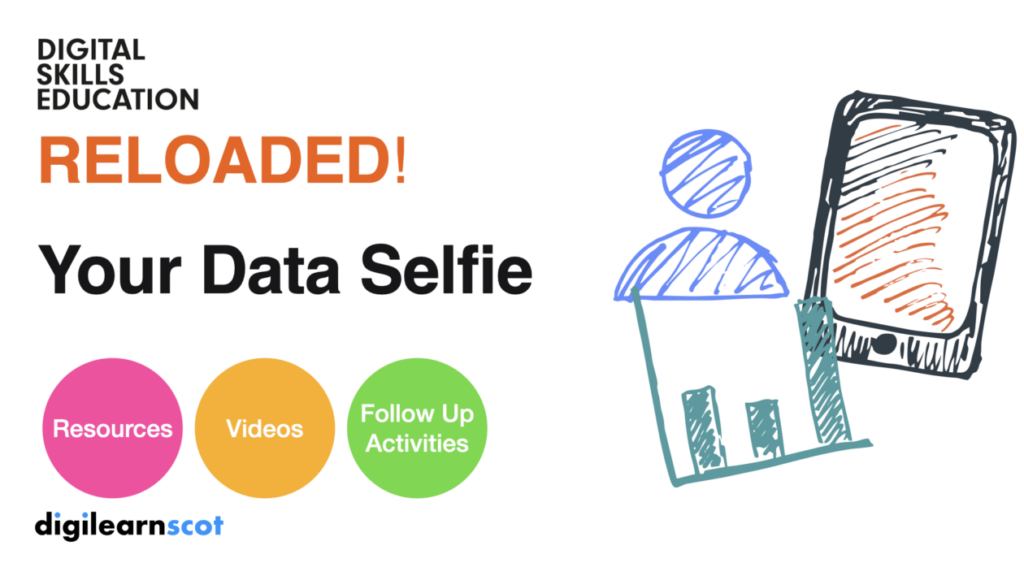
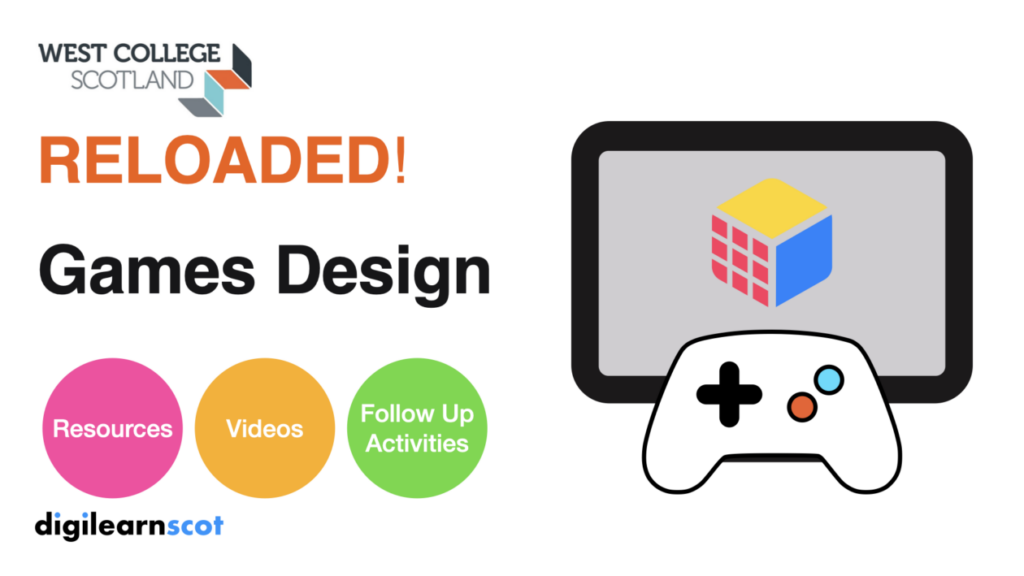
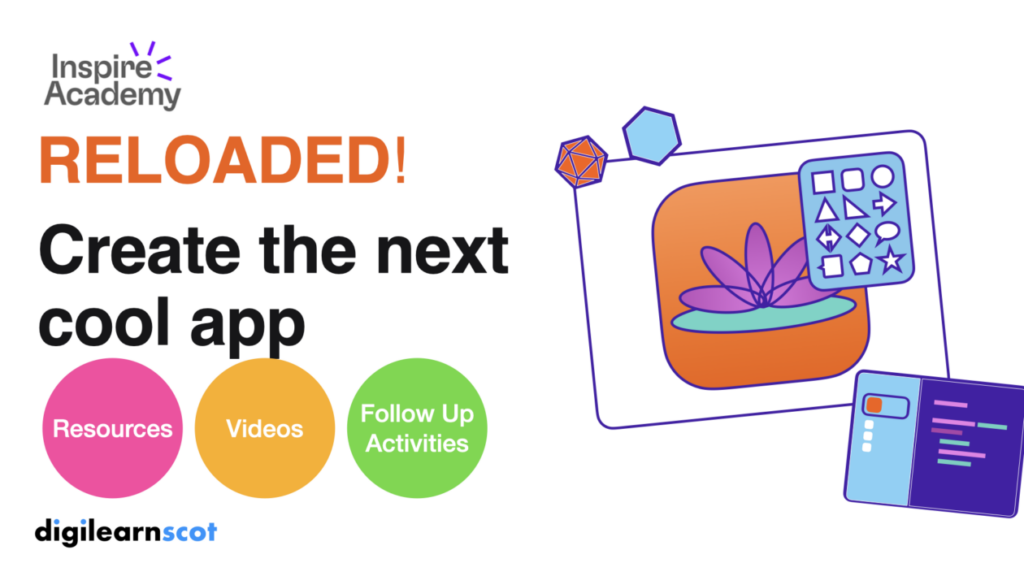

You must be logged in to post a comment.